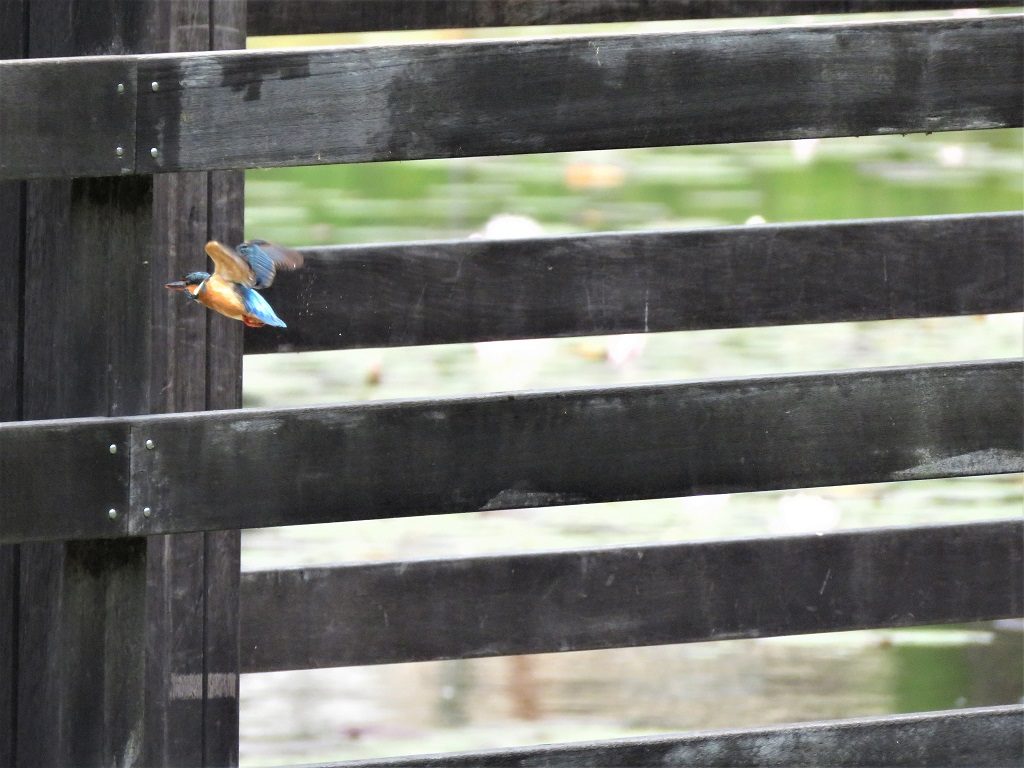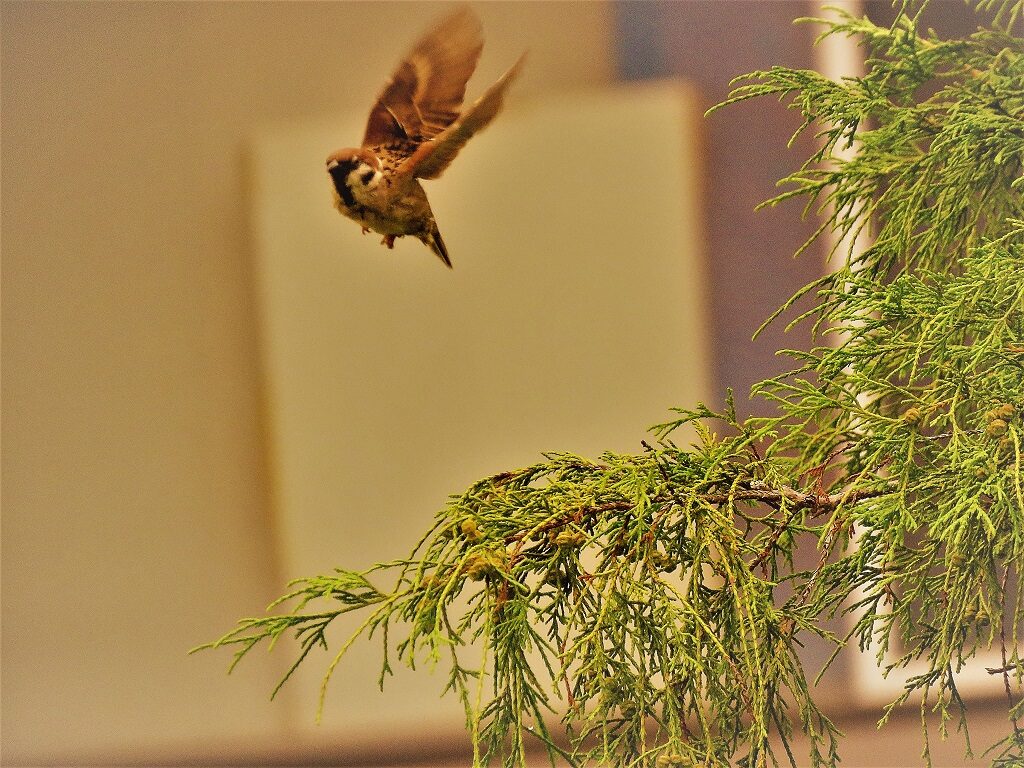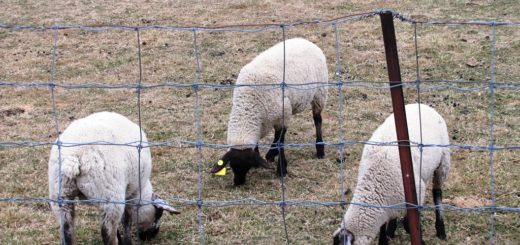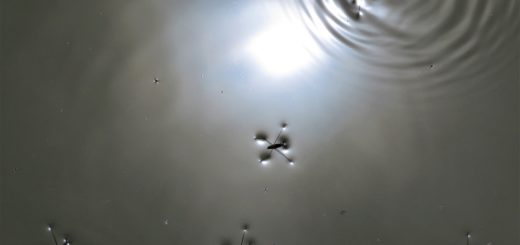For the Birds

There are gods even here.
— Aristotle, Parts of Animals
When I play with my cat, who knows whether she is amusing herself with me more than I am with her?
— Montaigne, Apology for Raymond Sebond
We imagine we are better than we are, because we instinctively exaggerate the value of the things we do well. Every time I watch a sparrow take flight from a branch, or a kingfisher dive headlong into a pond and then almost instantaneously reverse directions and ascend out of the pond and back up to his fence post, I know that I am watching a creature to which I feel superior performing a marvel I cannot even understand, let alone hope to emulate. If I could do once what the sparrow and kingfisher do routinely, I would literally have performed a miracle.
“Oh, but we can explain scientifically what the birds do, while they cannot explain what we do.”
True. But when they can do what they do, why should they care what we do? Necessity is the mother of invention. We need to understand their skills, because we desperately envy them, and even wish for a chance to do clumsily and mechanically, through the exertion of all our genius, what they do innately and without a moment’s thought. Apparently, by contrast, the birds have not yet seen any need to grasp and copy our skills. Perhaps that ought to teach us something about “our skills,” or at least the uses to which we put them.
We admire the birds. They do not seem to admire us. Only a human could see this as evidence in our favor. (The self-serving distortion of perspective is, of course, one of our most highly developed skills.)



